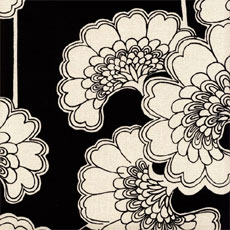capítulos de livros - 2016 / Mariza Peirano
Edmund Leach
In an era when anthropologists defined themselves, for better or worse, as either functionalists or structuralists, Edmund Leach (1910-1989) declared in 1975 that he had consistently been both at once. For him ethnography and introspection were the solid grounds for theoretical innovation. He developed his most creative insights by vigorously engaging in theoretical controversies and debates among his colleagues, both past and present. He rejected any suggestion that he had founded a school, but nonetheless he authored some of anthropology’s most influential monographs of the 1950s and inspiring essays of the 1960s. His work continues to inform and motivate current debates.
Edmund Ronald Leach was born in Lancashire, England, on November 7th, 1910. He studied at Marlborough College and later read Mathematics and Mechanical Science at Clare College, Cambridge, obtaining a BA degree in 1932. During the early 1930s, after four years working in business and administration in China, he returned to England to study social anthropology at the London School of Economics under Raymond Firth and Bronislaw Malinowski. Malinowski’s seminar was famous at the time and Leach was an active participant. While he was on an extended trip to Burma in 1939, the Second World War broke out. Leach prolonged his stay until 1945, serving as an officer in the Burmese Army. It was during this time that he gained an unparalleled ethnographic expertise of the Kachin, one of the hill populations of northern Burma. After receiving his Ph.D. in 1947, he remained at the LSE as a Reader until 1953, when he returned to Cambridge. In Cambridge, he was first a Lecturer, subsequently a Reader, and, in 1972, appointed to a chair. During his career, his increasing academic standing was recognized through numerous prizes and distinguished lectures, along with his service in high academic posts, culminating in a knighthood in 1975 and his election as Trustee of the British Museum. Leia na íntegra...

